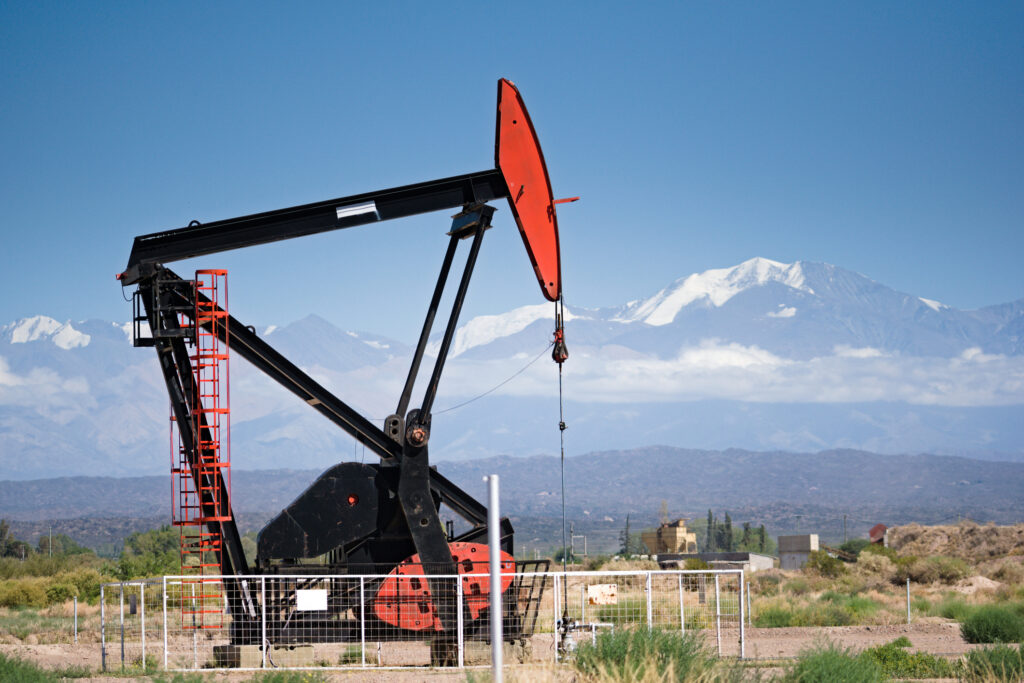(Oil Price) – A national energy emergency declaration, a pledge to boost oil and gas production, and the threat of tariffs on Canadian oil—these are just a few of President Trump’s first moves in the energy game since he came into office.
These moves have potential implications for energy companies around the world—and this includes Argentina, which just booked a major energy trade surplus. Thanks to Trump, this may soon change.
Last year, Argentina generated an energy trade surplus last year that was the highest in 18 years, with exports gaining 22.3% and imports slumping by 49.4%. In money terms, the energy trade surplus of the South American nation stood at $5.668 billion. This was made possible by three things: the Vaca Muerta shale, which is the second-biggest shale play in the world; a pro-business policy by the Milei government; and China’s still strong appetite for crude as the Asian powerhouse was the biggest buyer of Argentinian oil.
That was then, while President Biden pushed for more subsidies for EV battery makers and more offshore wind turbines off the U.S. coast. Now, Trump is in the White House, and there will be no offshore turbines for a while. What there will be, per plans, is easier drilling permits and more oil and gas production—which would inevitably depress prices bar a fresh war in the Middle East.
Like most analysts, those in Argentina agree that Trump’s “Drill, baby, drill” ambition would be bearish for international oil prices. Also, like most analysts, Argentinian ones focus on the degree of that bullishness rather than the fact that Trump cannot order oil companies to “Drill, baby, drill”. Per the Argentinian publication the Buenos Aires Herald, more U.S. output could bring Brent crude down to $65 per barrel.








